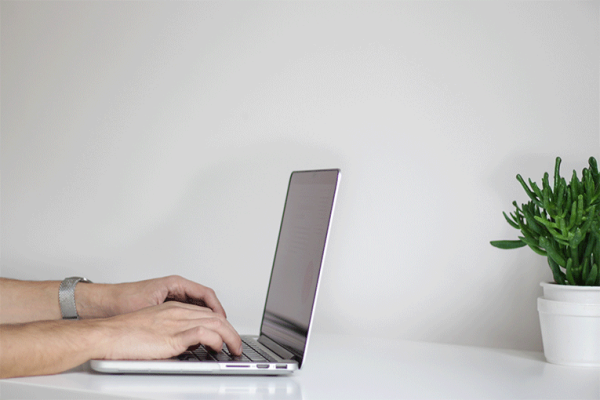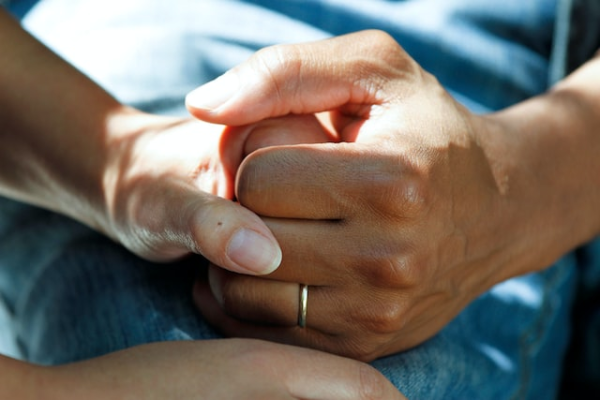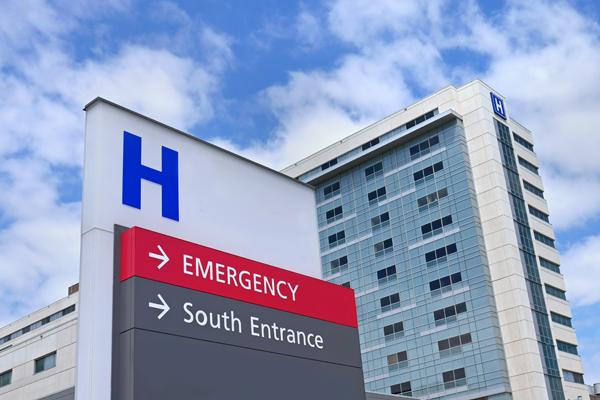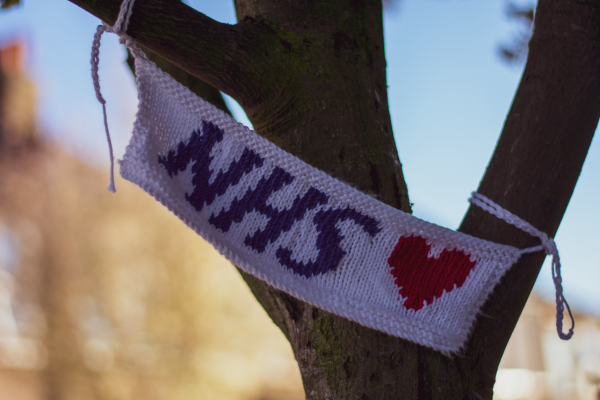How Technology Can Facilitate Self-Isolating Healthcare Staff

Self-isolation and social-distancing: two phrases that have recently become part of everyday life due to the COVID-19 pandemic. During this time of uncertainty, self-isolation can add to our worries and actually have long term effects on our mental, emotional and physical health.Not only that, but it can hinder us professionally, because we cannot get to our place of work. But that doesn’t have to be the case. Modern technology can facilitate self-isolation, among other things. For this reason, we have put together a list of 5 ways in which technology can help you to make the most of your self-isolation.
1. Video technology
Self-isolation is a lonely process. It removes the social aspect of work and can leave healthcare staff feeling down and unmotivated. That’s where video conferencing technology comes in. In 2020, when nearly everyone has access to a smartphone, tablet or laptop, video conferencing is an excellent way of staying in touch. It enables staff to communicate on a regular basis and see one another.
When compared to standard telephone conferencing, video conferencing is known to increase productivity. In certain practices, GPs and primary care staff can also potentially use video technology to see patients without physically sitting with them. In some hospitals, radiologists are now able to access MRI and XRay images from their smartphones. Ask your supervisor about the technology you can utilise to do aspects of your job from home if
necessary.
2. Task planners
Working from home can lead to procrastination. While a busy workplace leaves you with no time to sit around and dawdle, it can be easy to
slip into bad routines when working from home. Technology and the internet have some amazing resources for task planning and scheduling yourself alongside your team. Get into a habit early of planning out your tasks and schedule in order to get the most out of self isolation.
3. Mental health apps
When everything is just getting a little too much, you have the support of a great number of free mental health apps. Try apps such as Headspace and Insight Timer, free meditation apps that run you through guided meditations of varied lengths. They’re designed to fit around busy lifestyles and are perfect for reducing and preventing stress. Try to start off with a 5-10-minute session throughout the day to keep yourself emotionally healthy. You can also check out our blog post on managing anxiety while working abroad.
4. Health trackers
With gyms closed and activity groups shut down, it can be hard to find motivation and support to exercise regularly. However, there are many free (and paid) apps which can help to make exercising more interesting and more social. A great example of this is Strava, the running and cycling social media. It records your exercises and allows you to measure them against friends. Not only does this promote healthy competition but it’s a lot of fun to participate. Encourage your colleagues and friends to join in and create exercise support groups.
5. Whatsapp Groups
Though you’re working from home, you don’t need to sacrifice social time with your colleagues. Whatsapp groups are a great way of staying in touch with your team. You can share your stories, provide support and just enjoy chatting with one another. Just remember not to share any confidential patient data over Whatsapp or any other social media as it is not encrypted. You could also use Whatsapp to connect with groups of friends and family. It’s ideal for maintaining conversation with multiple people. Find the perfect health care job with Globe
At Globe Locum we specialise in placing locum health professionals like yourself in the right job for you. If you’re considering working as a locum in the UK, but aren’t sure how to begin, use our find a job tool. We also run a refer a friend scheme where our candidates can earn £250 for one successful referral. Earn more with each subsequent referral.
Have any questions? Contact us or give us a call on +44 (0)20 7229 2620.





